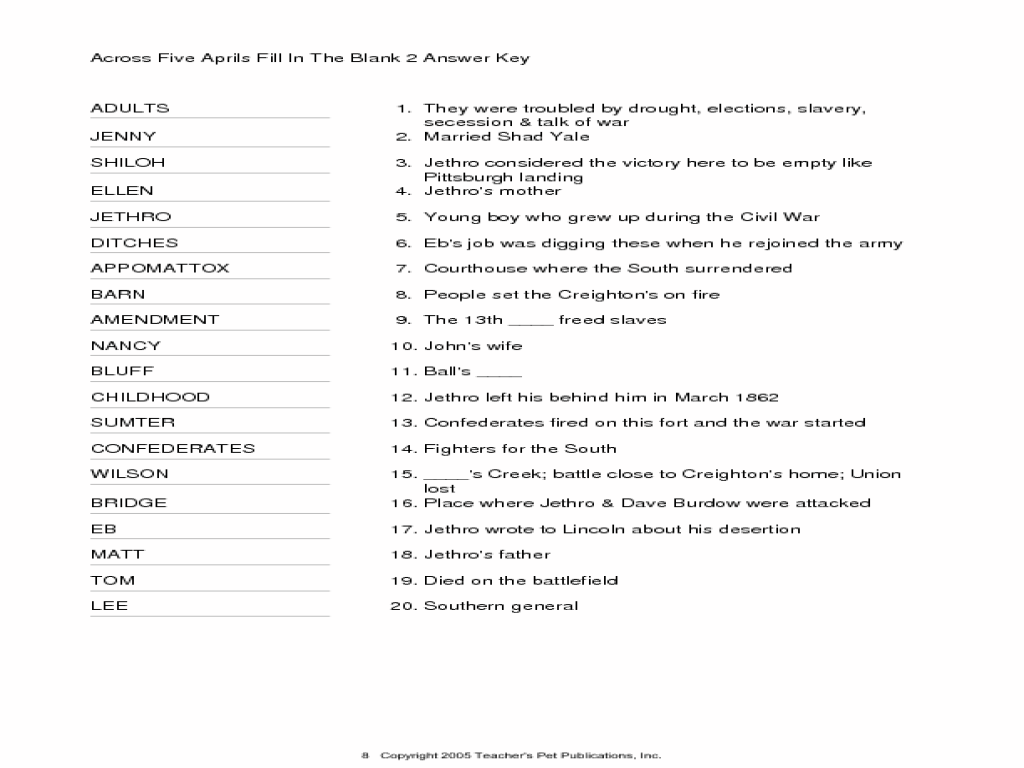Inferring character traits answer key is an indispensable tool for unlocking the secrets of literary personalities. By analyzing characters’ actions, dialogue, and physical appearance, readers can gain a deeper understanding of their motivations, beliefs, and complexities.
This comprehensive guide provides a systematic approach to inferring character traits, equipping readers with the skills to dissect characters and appreciate the nuances of human nature in literature and media.
Inferring Character Traits

Inferring character traits refers to the process of understanding and interpreting the personality and characteristics of a fictional character based on their actions, speech, appearance, and surroundings. It is an essential aspect of literary analysis and media interpretation, allowing readers and viewers to gain insights into the motivations, beliefs, and complexities of the characters they encounter.
Methods for Inferring Character Traits
There are several methods used to infer character traits, including:
- Observing actions and behaviors:Actions and behaviors provide direct clues about a character’s personality. For example, a character who is brave might be seen facing danger without hesitation, while a character who is shy might be observed avoiding social situations.
- Analyzing dialogue and speech patterns:Dialogue and speech patterns reveal a character’s thoughts, feelings, and values. For example, a character who speaks in a sarcastic or cynical manner might be seen as being pessimistic or disillusioned.
- Interpreting physical appearance and surroundings:Physical appearance and surroundings can provide clues about a character’s background, social status, and personality. For example, a character who is dressed in ragged clothing might be seen as being poor or homeless, while a character who lives in a luxurious mansion might be seen as being wealthy or privileged.
Common Character Traits
| Trait | Associated Behaviors | Examples |
|---|---|---|
| Brave | Faces danger without hesitation, stands up for others | Harry Potter, Katniss Everdeen |
| Shy | Avoids social situations, speaks softly, blushes easily | Charlie Brown, Hermione Granger (early in the series) |
| Intelligent | Asks thoughtful questions, learns quickly, solves problems effectively | Sherlock Holmes, Albert Einstein |
| Kind | Helps others, shows compassion, puts others before themselves | Mother Teresa, Atticus Finch |
| Evil | Harms others, takes pleasure in suffering, lacks empathy | Darth Vader, Joffrey Baratheon |
Challenges in Inferring Character Traits, Inferring character traits answer key
While inferring character traits can be an effective way to understand fictional characters, there are some challenges to consider:
- Subjective interpretations:Inferences about character traits are often subjective, and different readers or viewers may have different interpretations of the same character.
- Limited information:In some cases, the text or media may not provide enough information to make definitive inferences about a character’s traits.
- Unreliable narrators:In stories with unreliable narrators, the information presented may be biased or inaccurate, making it difficult to infer character traits accurately.
Tips for Inferring Character Traits
To infer character traits effectively, consider the following tips:
- Close reading:Pay attention to every detail in the text or media, including actions, dialogue, and physical descriptions.
- Critical thinking:Analyze the information you gather and make inferences based on logical reasoning.
- Consider context:Take into account the setting, time period, and genre of the work to understand the characters’ motivations and behaviors.
- Seek multiple perspectives:Discuss your inferences with others to gain different insights and perspectives.
FAQ Section: Inferring Character Traits Answer Key
What are some common methods for inferring character traits?
Observing actions and behaviors, analyzing dialogue and speech patterns, and interpreting physical appearance and surroundings.
What are some challenges in inferring character traits?
Subjective interpretations, limited information, and unreliable narrators.
How can I improve my skills in inferring character traits?
Practice close reading, engage in critical thinking, and seek diverse perspectives.